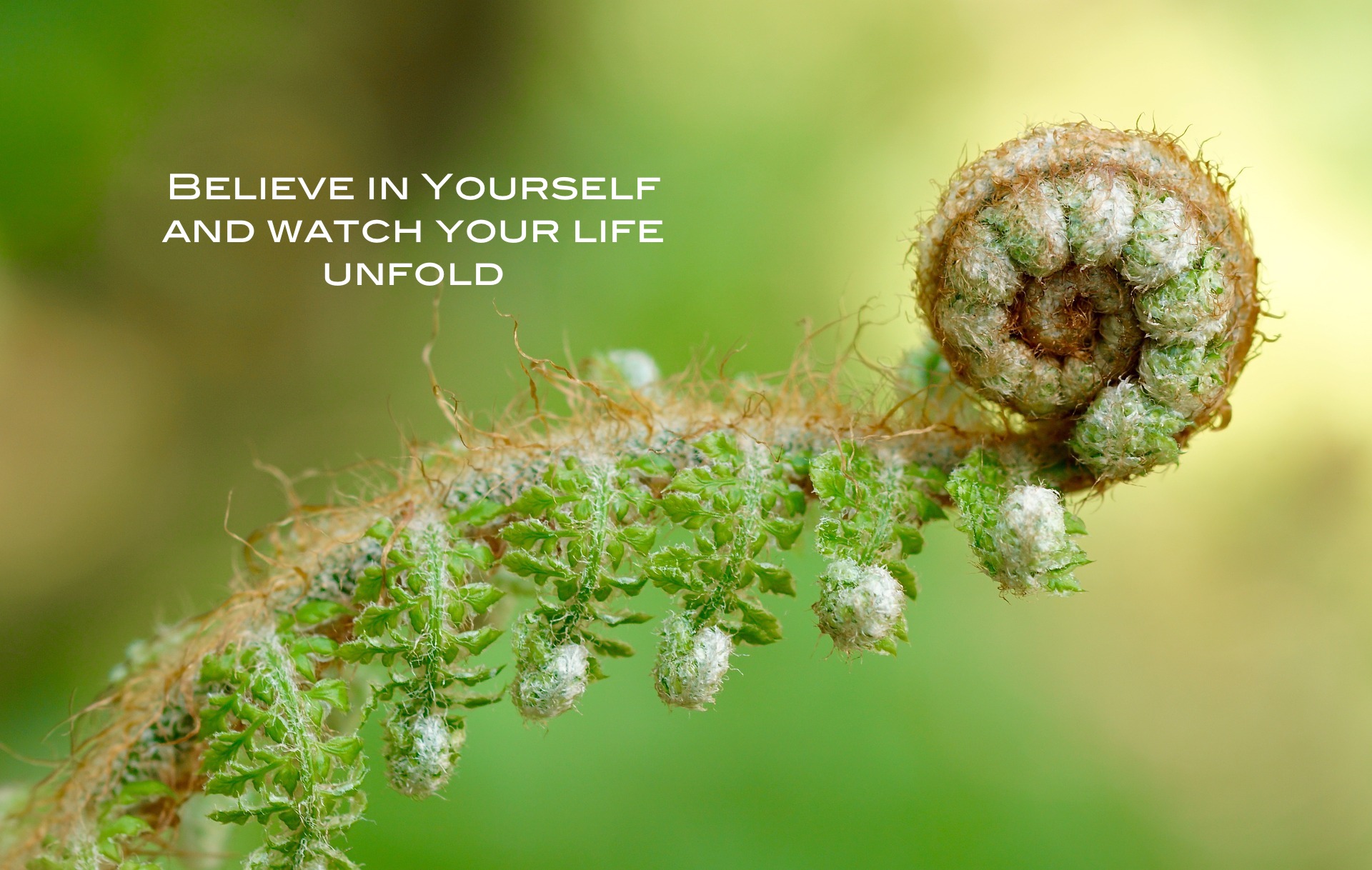What is Codependency anyway?
Are You a “rescuer”, the “dependable” one, “fixer”, “enabler” or always “giving” to others? If so, you likely suffer from Codependency and those near you suffer too.
Codependency simply put is a relationship in which one person is controlled by another. It often involves placing one’s own needs last, making the needs of others more important. It can occur in any type of relationship whether it be work, family, friendship, romantic and peer relationships. Often the person controlling has an unhealthy condition such as alcohol or drug addiction and narcissism.
Codependency can be formed very early in life which makes it very easy to pass on to your own children. What begins as a coping mechanism to certain situations transforms into unhealthy learned behaviors, as we get older.
What happens in a codependent relationship is that a person slowly gives control or importance to another, believing that it is for the good of the relationship. Bit by bit, the relationship becomes more important than themselves and they unknowingly become more and more unhappy. It actually becomes a one-sided relationship because you are doing all the work and the other person is not.
Usually, the codependent one of the partner has excessive compliance, low self-esteem and control patterns issues. Typically one person plays the distressed person and the codependent partner becomes the person who fixes everything and feels respected. This scenario is probably the most significance theme of codependency and the sense a control.
Freedom from codependency means learning new ways to find a solutions by taking back your own power. It means understanding that you can only fix your own problems. It doesn’t mean you cannot support another person during their time of need. Being free from codependency means letting the other person work towards their goals however they can.
Having relationship issues, maybe you need to let go of control.
So many of us wish things were different in our relationship, whether it is a friendship, coworker or our life partner. We go the extra mile to make another happy so we won’t be rejected, confront someone or hurt someone’s feelings. We worry what others think of us, we look the other way than confront another’s dishonesty, negative tendencies such as anger, jealousy or distain.
Many of find it just easier to go above and beyond in a relationship, making sure their partner wants for nothing because then they will love and need us more. When it comes to our own needs, we just put them on the back burner for another time, because “we can handle it”.
So many of us just have a really hard time to say “no” without feeling selfish, self centered or uncaring. Unfortunately, we become a welcoming mat for others to take advantage of us, make us feel less desirable, stay with someone who will never be able to meet our emotional needs or give us their love and support unconditionally.
So what can we do about it? Reclaim healthy self-love, set well defined boundaries and let go of being in control. Deep down inside, we all know if the relationship that is making us unhealthy because we are the experts of denial, finding excuses, and self-sabotage.
Look at your own behaviors and challenge the negative and self-defeating thoughts. Do not self-judge, judging assigns values that may or not be real and are limiting. Be kind and merciful to yourself. Tell yourself you are worth it and you do not need to prove your self-worth to anyone. Visualize yourself in a loving and caring relationship that meets your needs. Accepting help from others is an indication of strength, not weakness. Strength keeps you healthy, self confident and happy. Let yourself take a chance of being rejected instead of living in fear of “what if I am rejected”.
“You could just put it all on out there- who you are, what you like, greatest fears and dreams. It’s so easy to cover over bits of ourselves in hopes that people will like us, but how can people like us if they don’t know who we are?” Anonymous

